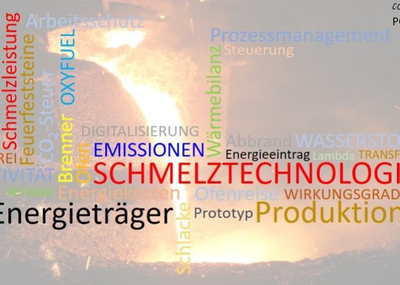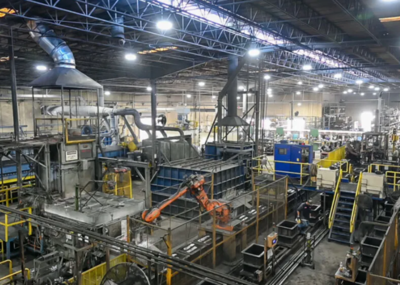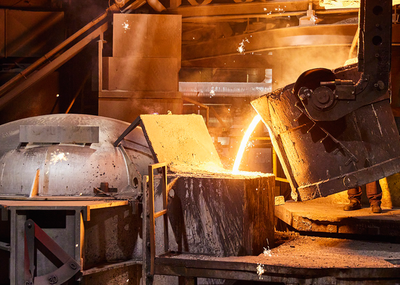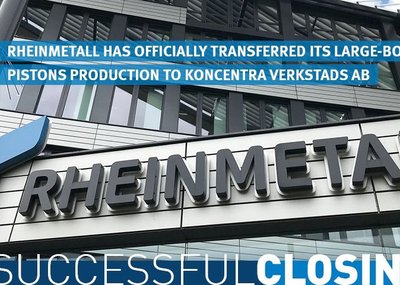Volvo continues to pursue the goal of becoming completely climate-neutral by 2040; CO2 emissions per vehicle are to be reduced by 40 per cent by 2025 compared to the 2018 level, and by as much as 75 per cent by 2030. So far this year, these have already been around 19 per cent below the 2018 reference value.
A key element in meeting the ambitious targets is the switch to a fully electric vehicle range by 2030. To support its high ambitions, Volvo has now joined the World Economic Forum's First Movers Coalition (FMC) and is using its purchasing power to promote new and clean technologies such as virtually emission-free aluminium.
The collaboration with the Swedish steel manufacturer SSAB will also be further intensified in order to develop high-quality steel for use in the automotive industry, the production of which generates virtually no CO2 emissions. Volvo has already secured access to almost zero-emission primary steel and recycled steel sheets and will use these in its vehicles from 2026.
"The UN Climate Change Conference in Dubai 2023 is a historic moment for climate action," says Javier Varela, Chief Operating Officer and Deputy CEO of Volvo Cars. "The world must act urgently to prevent the worst effects of climate change. We are determined to do our part and are calling on business and political leaders around the world to do their part too."
Volvo EX30 marks the start of a model offensive
Earlier this year, Volvo launched the compact EX30, which has the lowest carbon footprint of any of the brand's models to date. It is the first in a series of new vehicles that the premium car manufacturer will launch in the coming years - on the way to a fully electric model range by 2030. In the first nine months of this year, electric cars already accounted for 16 per cent of Volvo's vehicle sales.
The era of the combustion engine is also coming to an end at Volvo: At the beginning of 2024, a car with a diesel engine will be produced for the last time. All investments in research and development in this area have already been cancelled. This allows the company to focus on modern and promising technologies.
But Volvo must and will do more. This includes reducing CO2 emissions throughout the supply chain and in all business areas, including logistics, by 30 per cent by 2030 compared to 2018 levels.
A lot has already been achieved. Last year, 69 per cent of the company's activities were powered by climate-neutral energy, and all plants worldwide now run on 100 per cent climate-neutral electricity.
In the summer, Volvo also became the first global car manufacturer to announce that it would switch a large part of its intercontinental sea freight from fossil fuels to biofuel. This will reduce CO2 emissions in sea freight by 84 per cent.
"We have used the UN Climate Change Conference in the past to drive collective climate action, and this time is no different," says Jonas Otterheim, Head of Climate Action at Volvo Cars. "We and other like-minded companies are trying to develop and spread transformative techniques to decarbonise industrial processes, some of which are age-old. By joining the FMC and making tangible progress in our partnership with SSAB, we are demonstrating that this important change is not only possible, but already underway."
A long road ahead
The UN Climate Change Conference is taking place against the backdrop of the United Nations Climate Change Report, which was published in September. The report comes to the sobering conclusion that, despite some progress, the world is still a long way from limiting global warming to 1.5 degrees above pre-industrial levels.
The report also contains recommendations for specific sectors, including the transport sector. With regard to the automotive industry, it emphasises "that the phasing out of internal combustion engines and the use of electric vehicles offer the greatest mitigation potential in this sector". This conclusion is closely aligned with Volvo Cars' measures to electrify its fleet and move away from fossil-fuelled vehicles.
Source: www.media.volvocars.com








